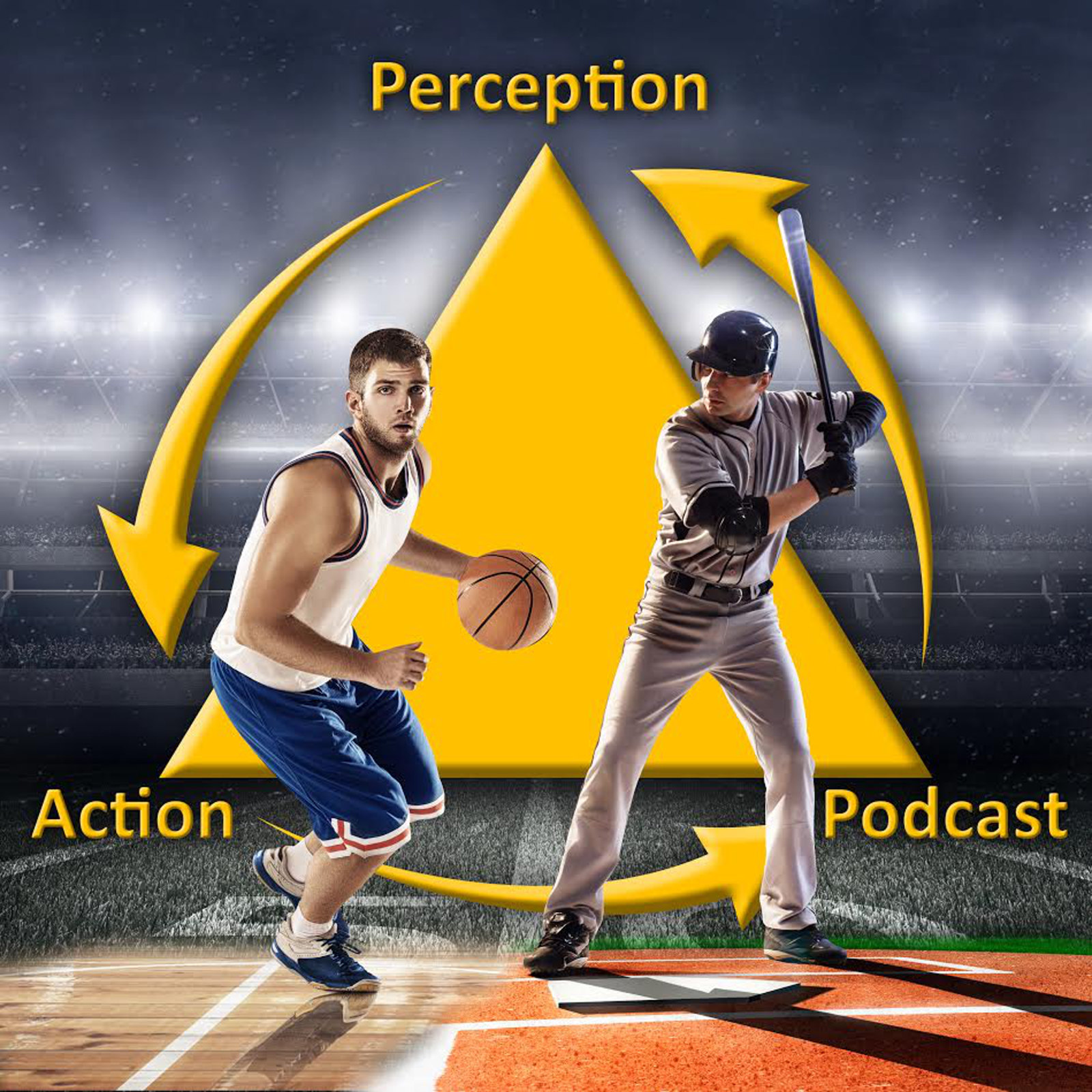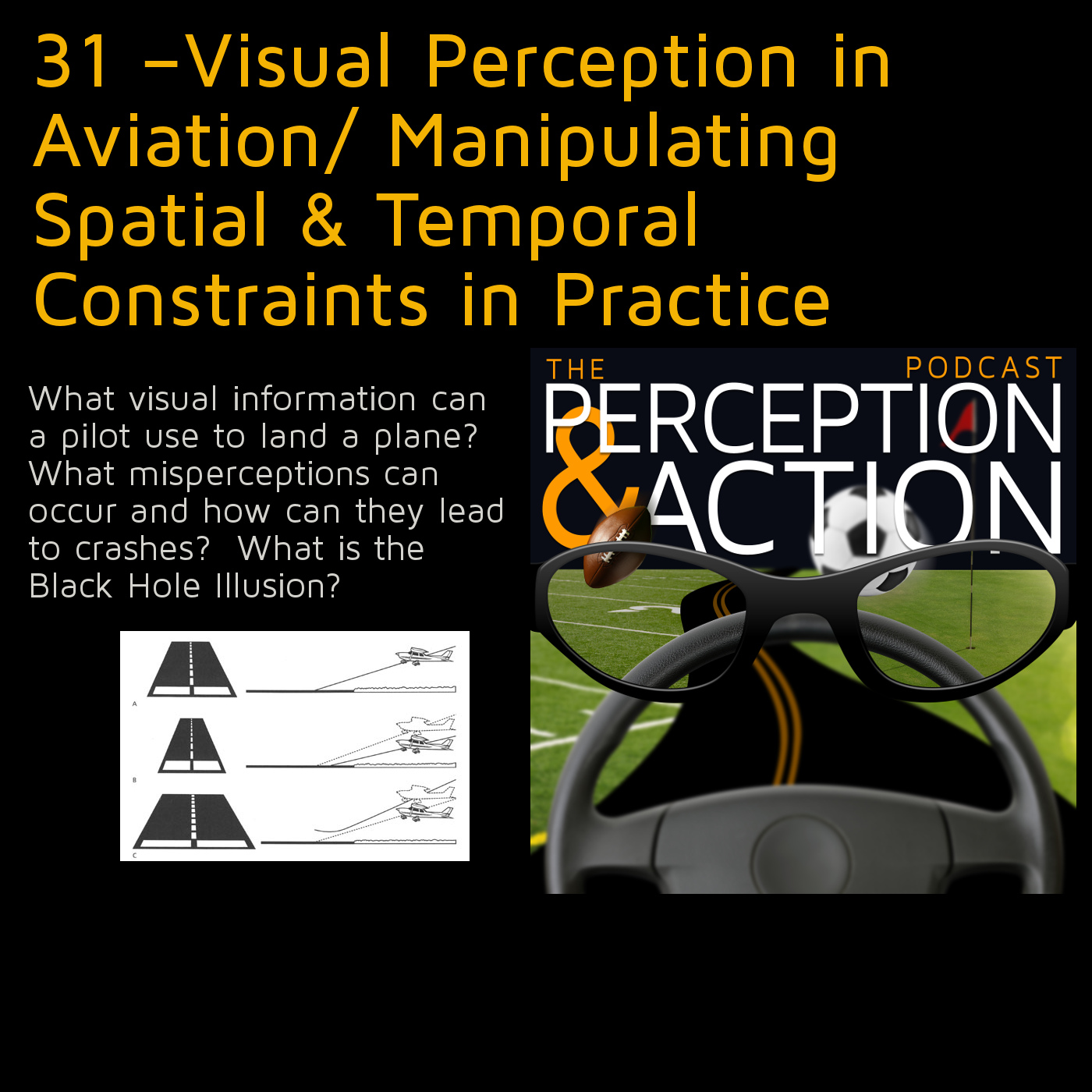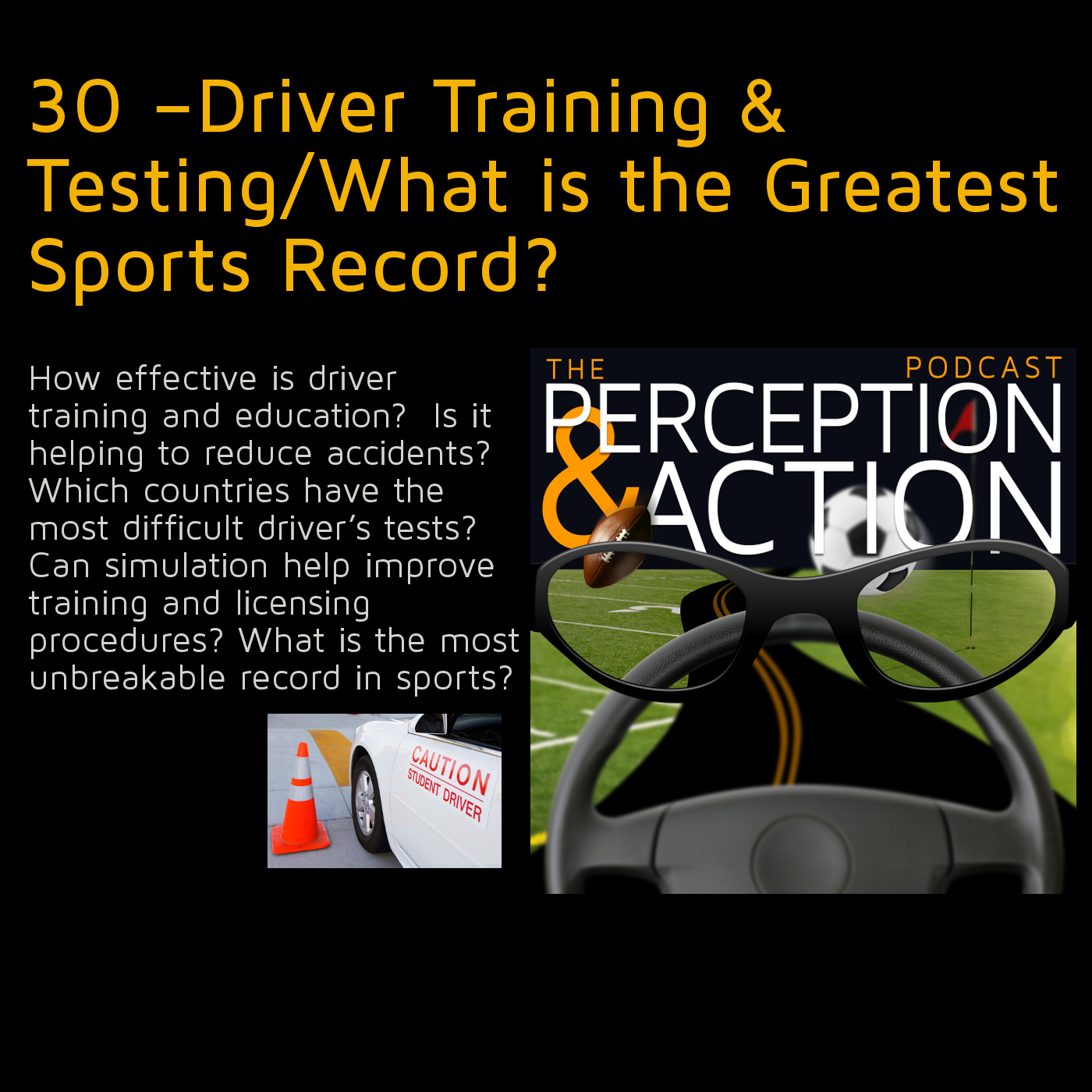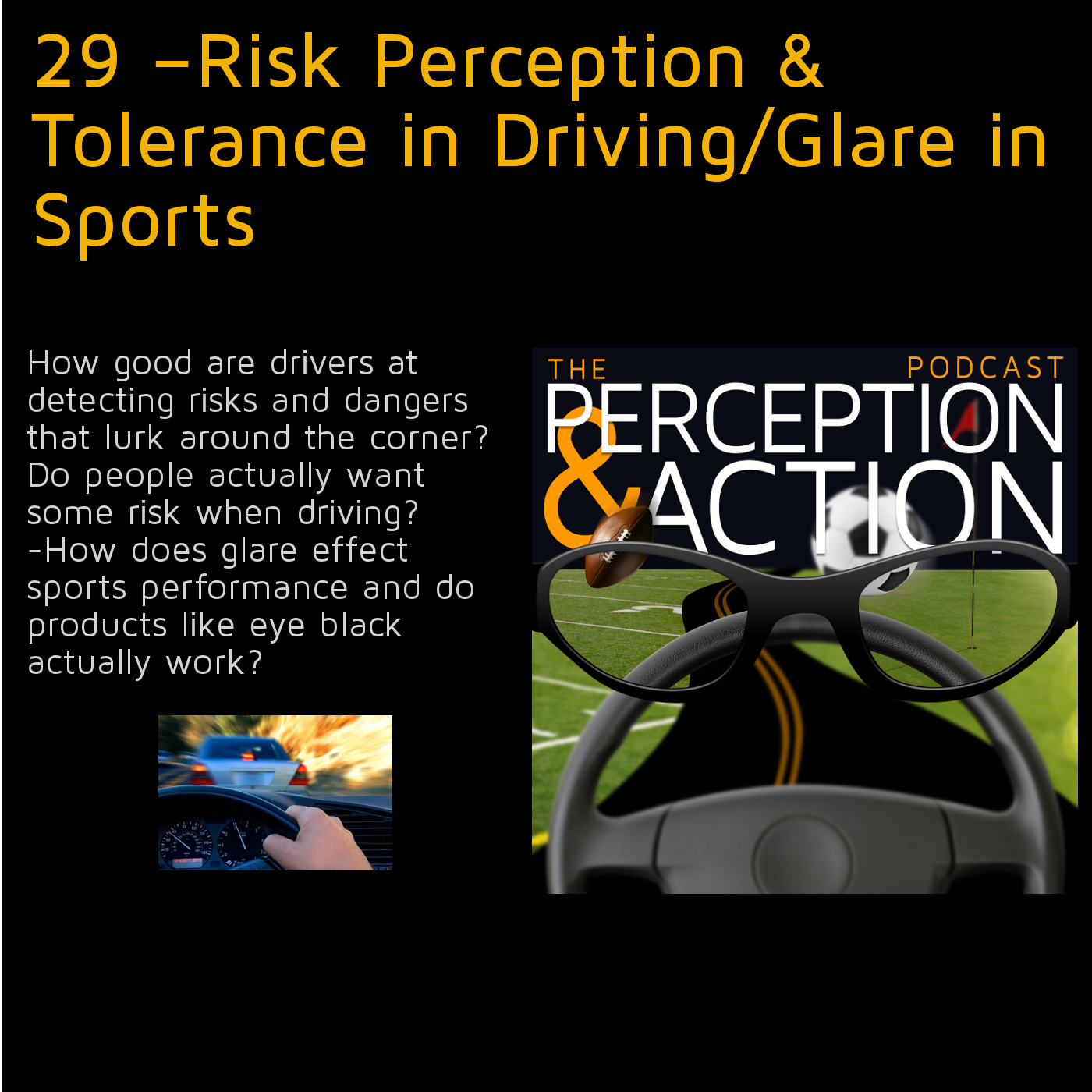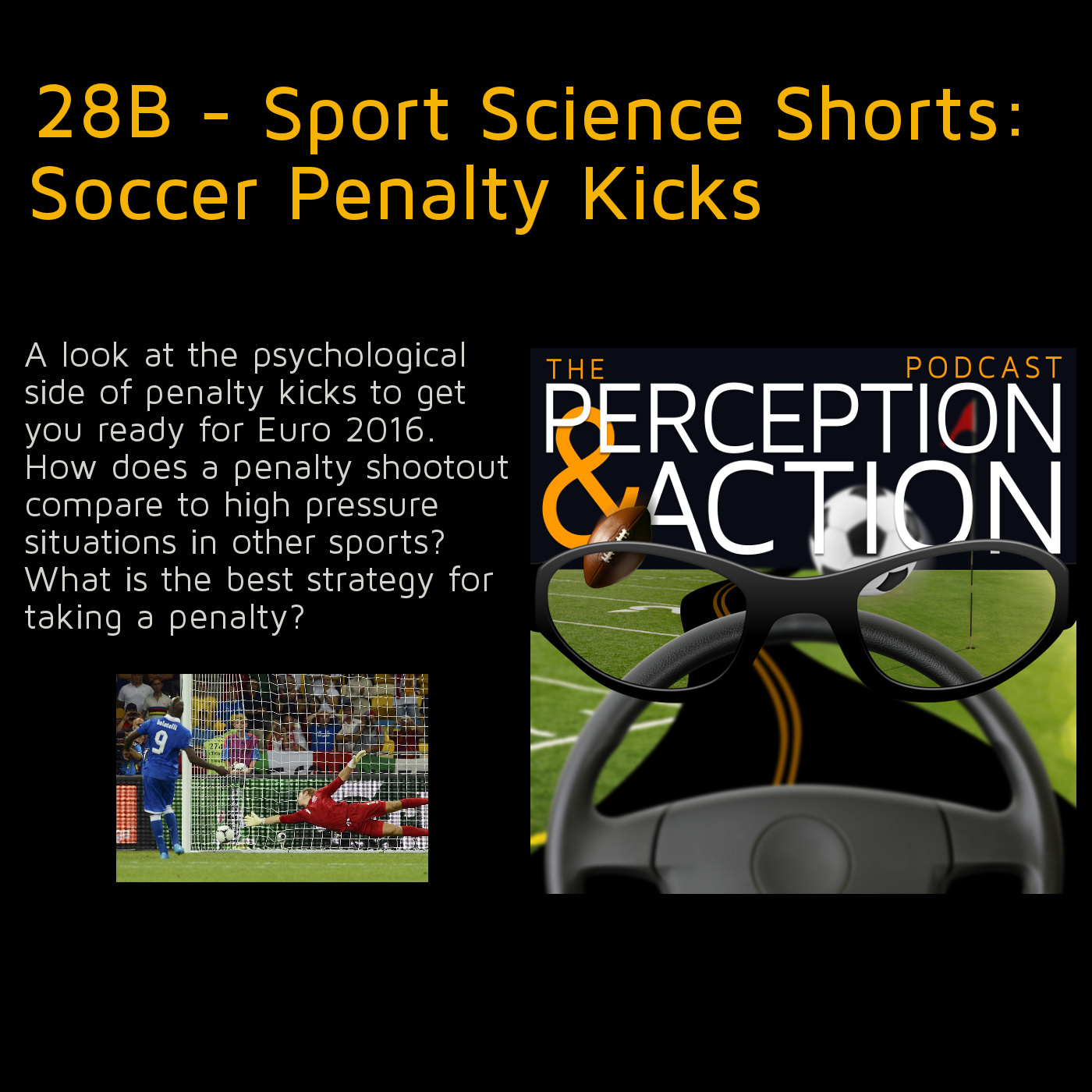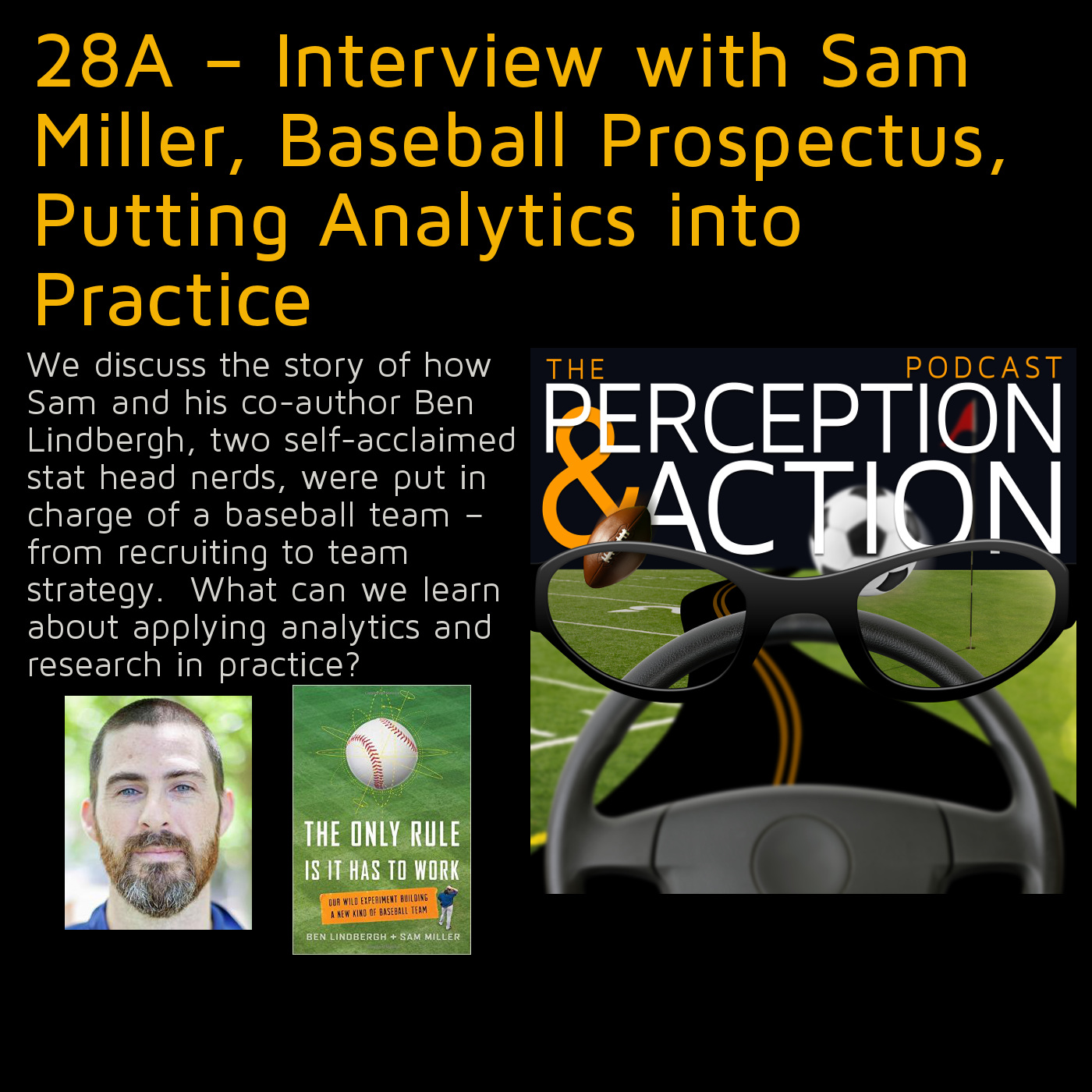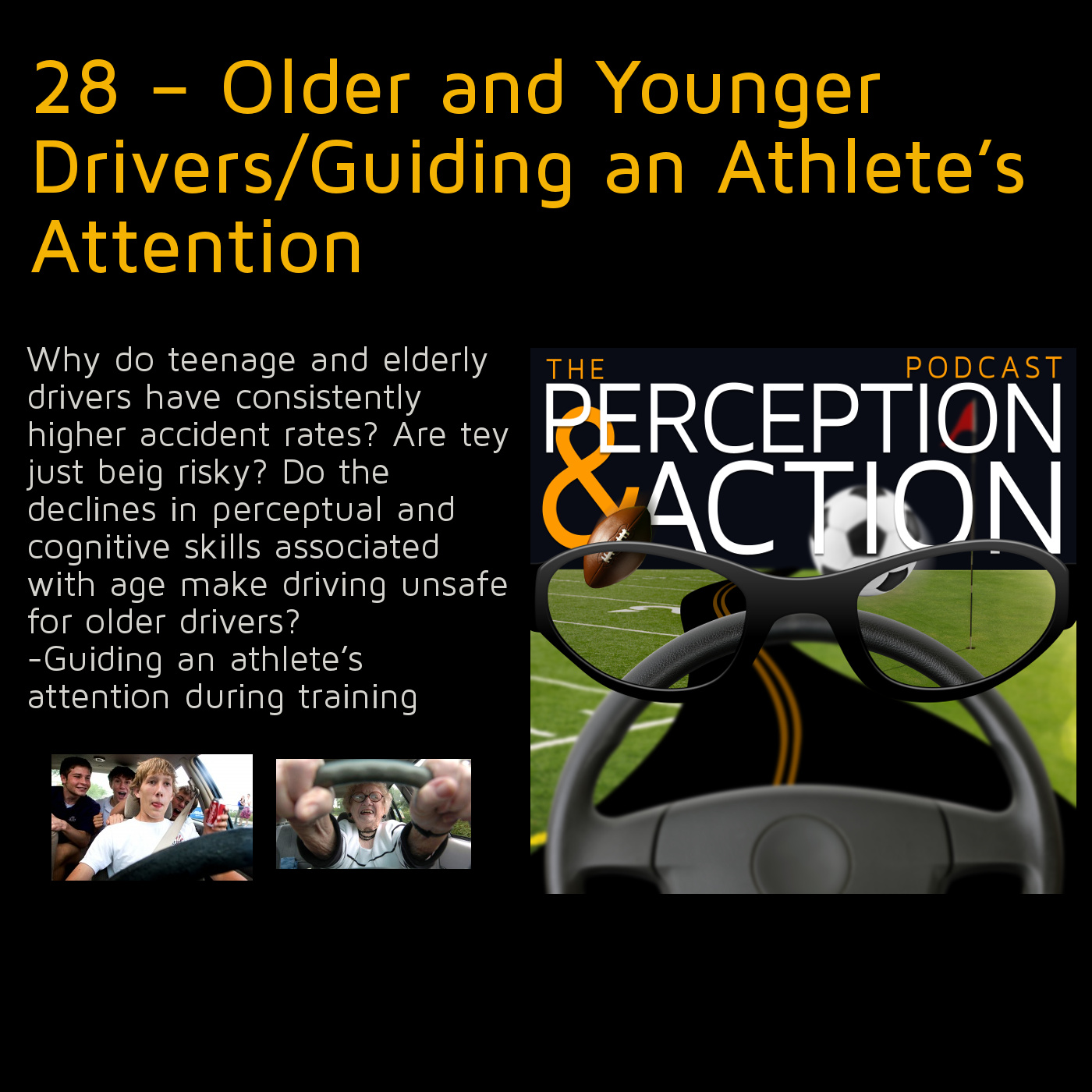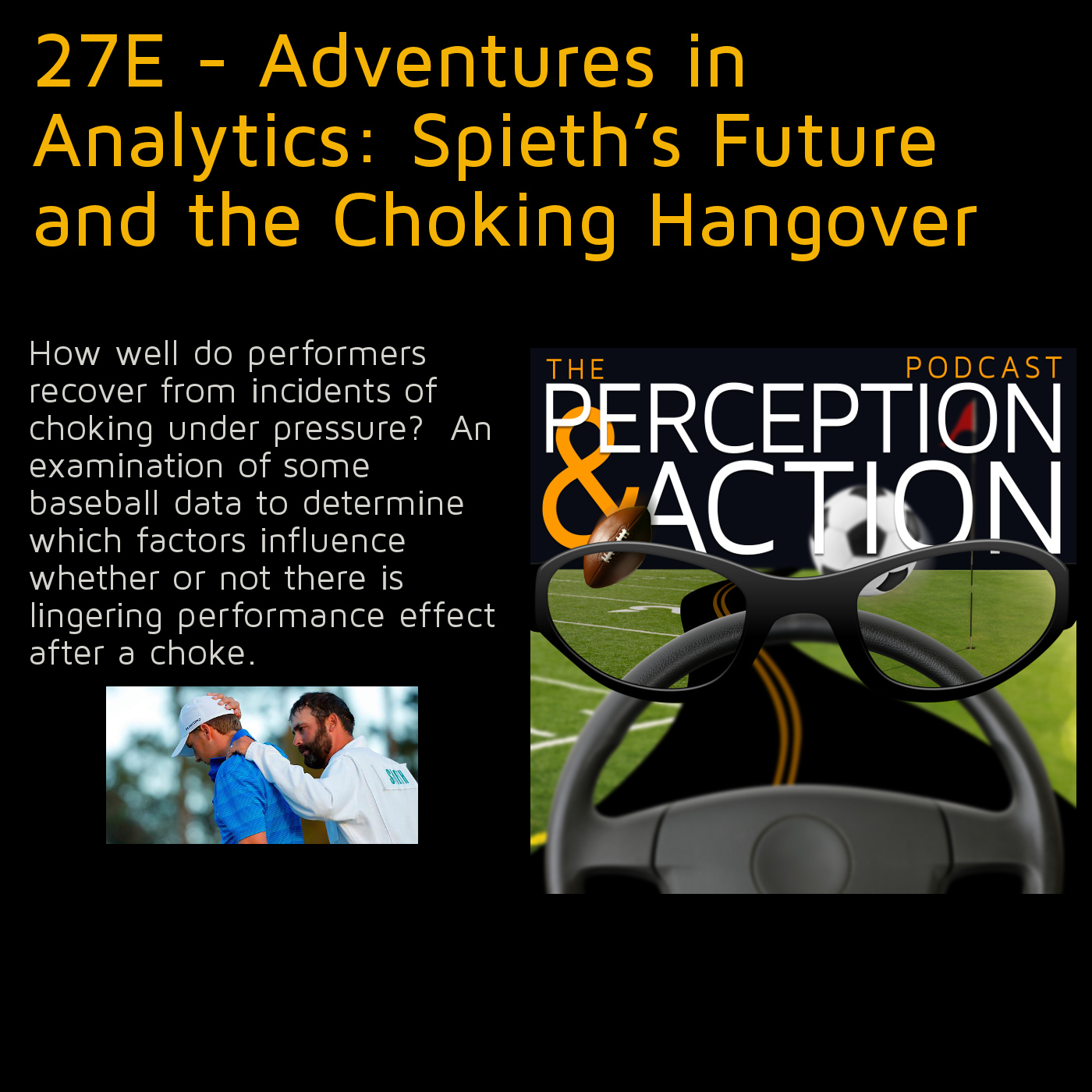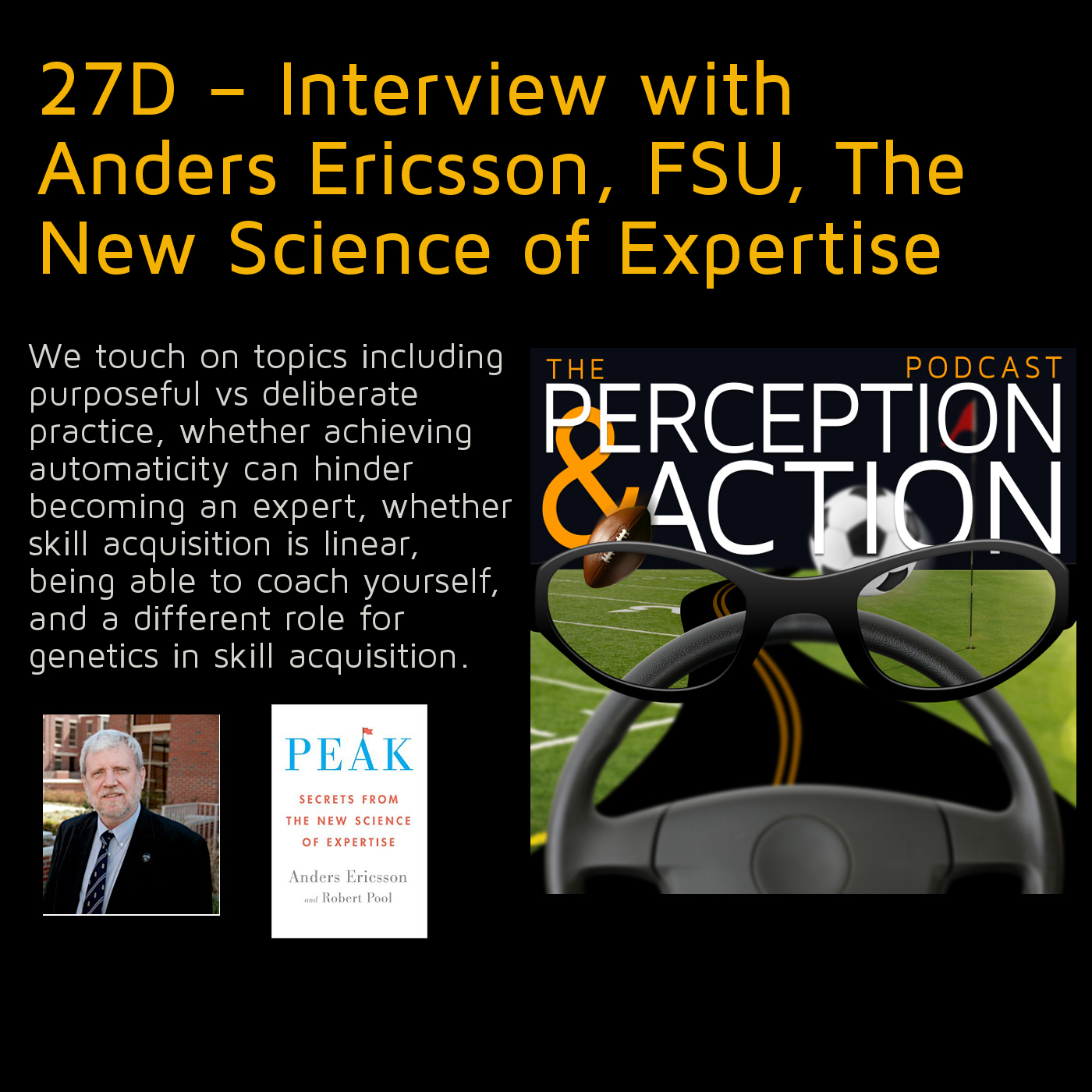31 –Visual Perception in Aviation/ Manipulating Spatial & Temporal Constraints in Practice
31 What visual information can a pilot use to land a plane? What misperception can occur and how can the lead to crashes? What is the Black Hole Illusion? -What is the best way to train an athlete: start easy or start hard?(Time 22:19) Download link Articles: Aviation Visual Perception: Research, Misperception & Mishaps Optic…
Read More